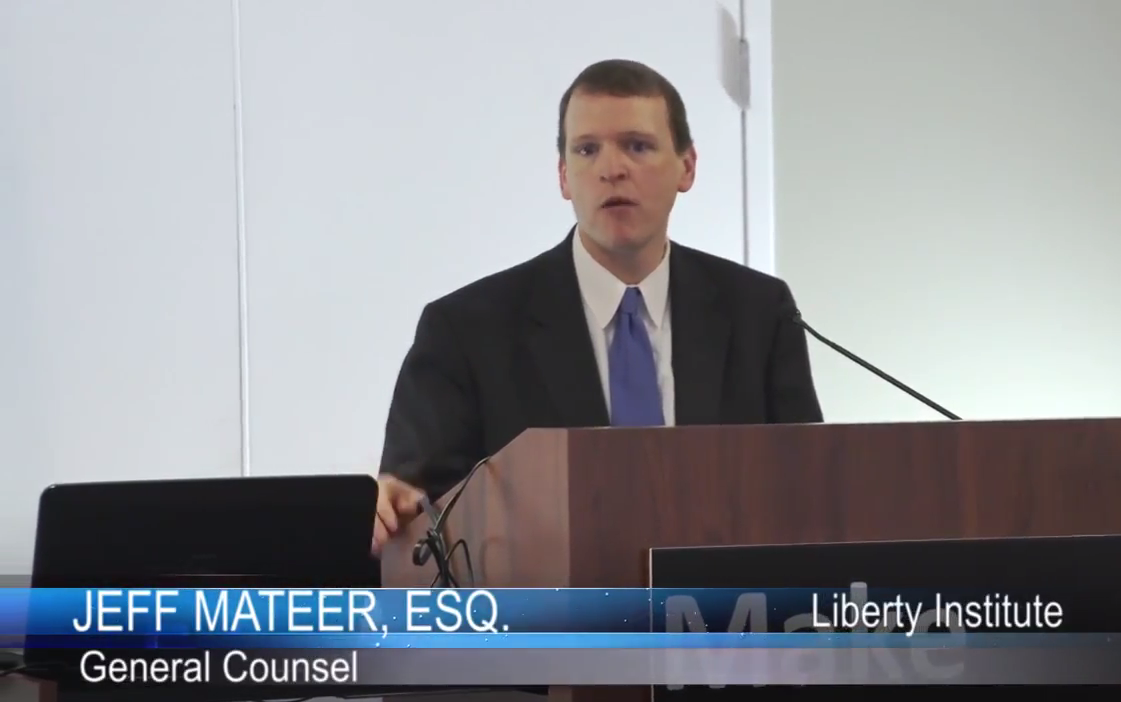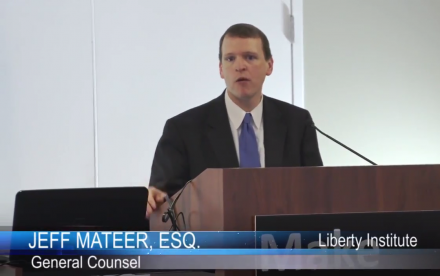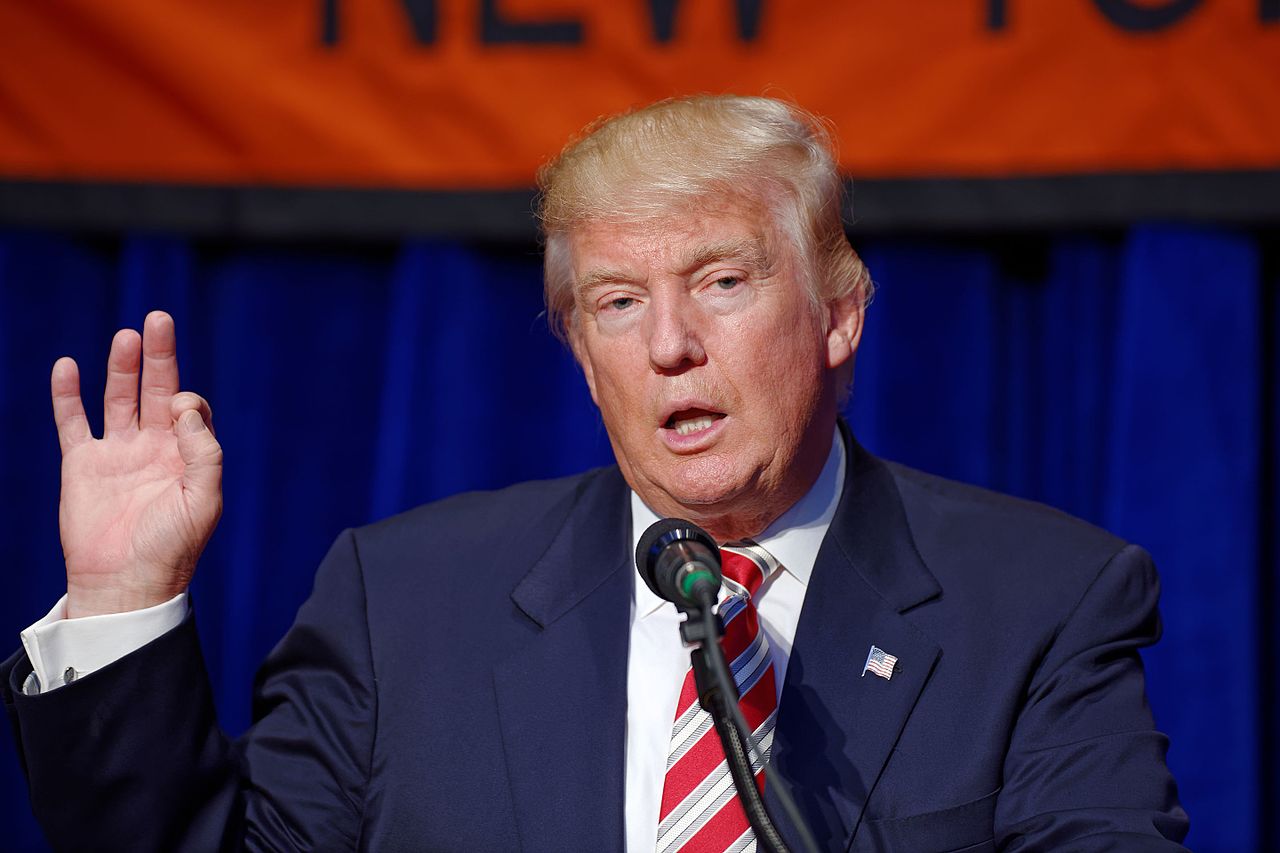Abortion rights, women of color, and LGBTQI+ people are under attack. Pledge to join us in fighting for gender justice.
Two Controversial Judicial Nominees “Will Not Be Moving Forward”

 Yesterday, the Trump Administration confirmed that the nominations of Brett Talley and Jeff Mateer will not be moving forward, a day after Senate Judiciary Committee Chair Chuck Grassley urged the White House to reconsider those nominations.
Yesterday, the Trump Administration confirmed that the nominations of Brett Talley and Jeff Mateer will not be moving forward, a day after Senate Judiciary Committee Chair Chuck Grassley urged the White House to reconsider those nominations.
These nominees inspired significant public outcry – and for good reason. Talley, nominated to a district court in Alabama, was rated unanimously “Not Qualified” by the American Bar Association’s Standing Committee on the Federal Judiciary – largely because of his lack of legal experience. He also failed to disclose that his wife worked in the Trump White House, as well as numerous blog posts. Those posts, by the way, included statements attacking Roe v. Wade as “indefensible” and disparaging Muslims. And blog posts that he did disclose included the troubling exhortation that “it’s time to join the National Rifle Association” a month after the tragedy in Newtown, Connecticut.
Mateer, nominated to a seat on the Eastern District of Texas, failed to disclose a number of troubling speeches to the Judiciary Committee – including shocking comments describing transgender children as proof that “Satan’s plan is working” and calling the Supreme Court’s decision in Obergefell v. Hodges “disgusting.”
The news that Talley’s and Mateer’s nominations will not move forward is cause for celebration — especially for people around the country, like the parents of transgender children who wrote a letter asking Mateer to apologize or withdraw, who care about justice and our courts and made sure their voices were heard. And it is a clear sign that nominees are being rushed through the Senate Judiciary Committee process, without time to adequately scrutinize their records. But it’s not like these nominees are outliers among those put forward by the Trump Administration. Just this week, the Senate confirmed Leonard Steven Grasz, who received a unanimous “Not Qualified” from the ABA, based in large part on concerns expressed by his peers in the legal community that he would not be able to put aside his ideological views if confirmed. And just yesterday, the Senate confirmed Don Willett, who had referred to “‘glass ceilings,’ pay equity (an allegation that some studies debunk), the need to place kids in the care of rented strangers, sexual discrimination/harassment, and the need generally for better ‘working conditions’ for women (read: more government)” as so much “hype.” And the Senate Judiciary Committee had a hearing yesterday for Matthew Kaczmaryk, who was Jeff Mateer’s boss at the First Liberty Institute and whose views, though stated with less overt hate, are no less troubling.
So yesterday’s news shouldn’t be viewed as the answer to the question of how flagrantly unfit a Trump nominee has to be, in order for his nomination not to move forward. Instead, it should be the prompt for the real question: why is the Senate moving forward on so many unfit nominees?






